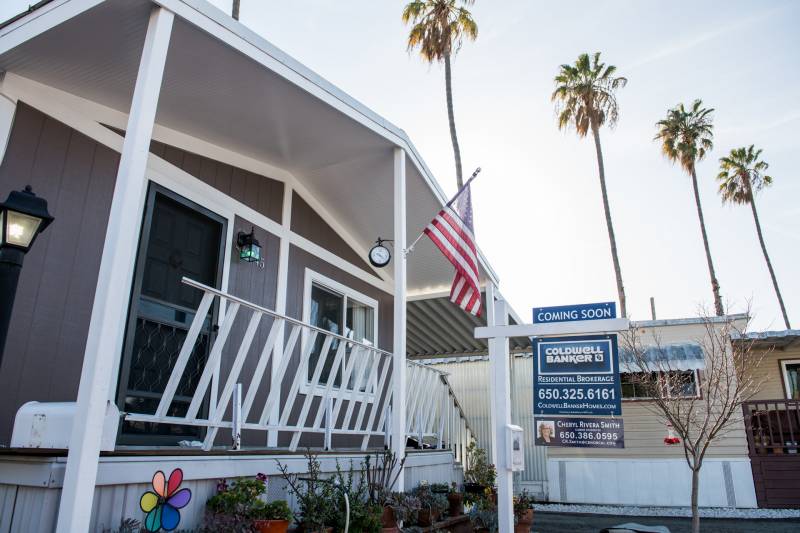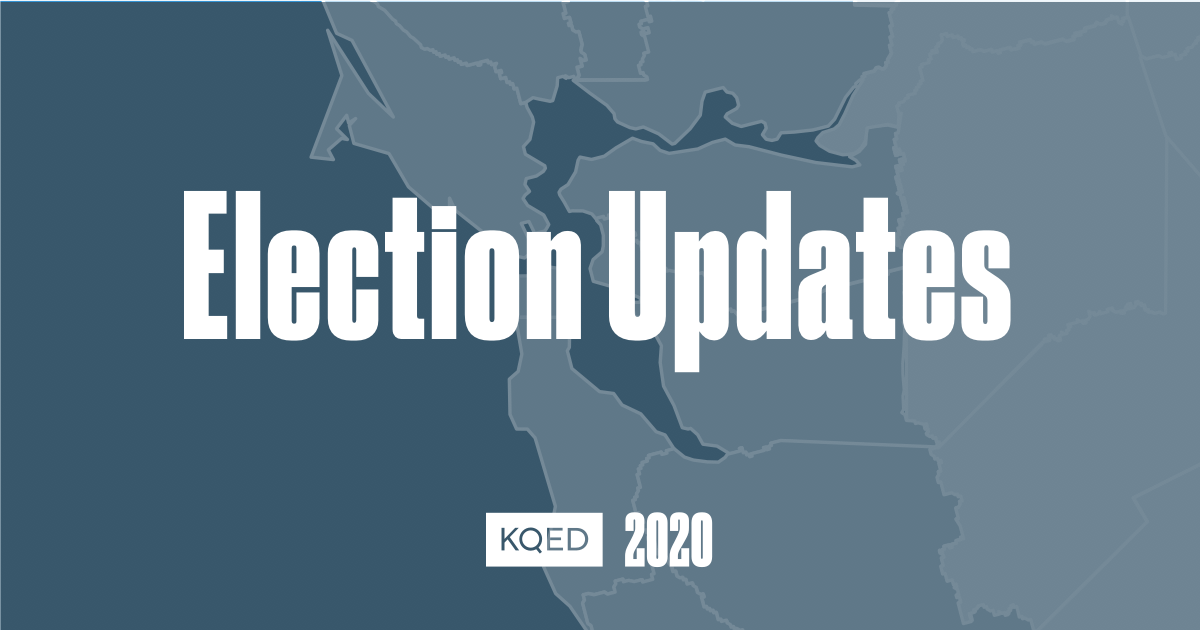Voters approved Proposition 19, expanding property tax savings for older Californians who are looking to downsize to a new home — and bring their lower property tax rates with them. The measure’s passage also ends an inheritance tax loophole, potentially increasing state tax revenue by tens of millions of dollars, a large chunk of which is expected to go to a dedicated wildfire fund.
“Firefighters across California are thankful to voters supporting Proposition 19,” said Brian Rice, California Professional Firefighters president, in a statement. “The wildfires California has experienced in the past few months make it abundantly clear that additional resources are needed. The funds from Prop. 19 will make a difference in fire protection and emergency response to safeguard millions of California homes and lives.”
The Associated Press called the contest Wednesday, after the measure received 51% of the more than 15.3 million votes cast. Its passage gives a big victory to the California Association of Realtors, which made major changes to a similar initiative in 2018 that voters rejected by 20 percentage points.
“Voters passed Proposition 19 because it is a win-win for California, providing needed housing and tax relief for seniors, wildfire victims, and generating much needed revenue for schools, fire districts, cities, and counties as they face budget shortfalls due to harmful economic impact of COVID-19,” said Jeanne Radsick, president of the California Association of Realtors in a news release.
The revamped proposal, which includes tax hikes for property heirs, passed the state Legislature with bipartisan support and got the endorsement of Gov. Gavin Newsom and the California Democratic Party.
Proposition 19 packs a lot of ideas into one measure: It would give new property tax breaks to older homeowners who move, increase property taxes for people who inherit property from their parents, and generate additional revenue for fighting wildfires.
Residents 55 and older will now be able to carry their low property tax assessments with them when they move. The exemption is expected to fuel home sales by encouraging empty nesters and other homeowners to downsize to smaller homes without incurring a huge tax increase.


